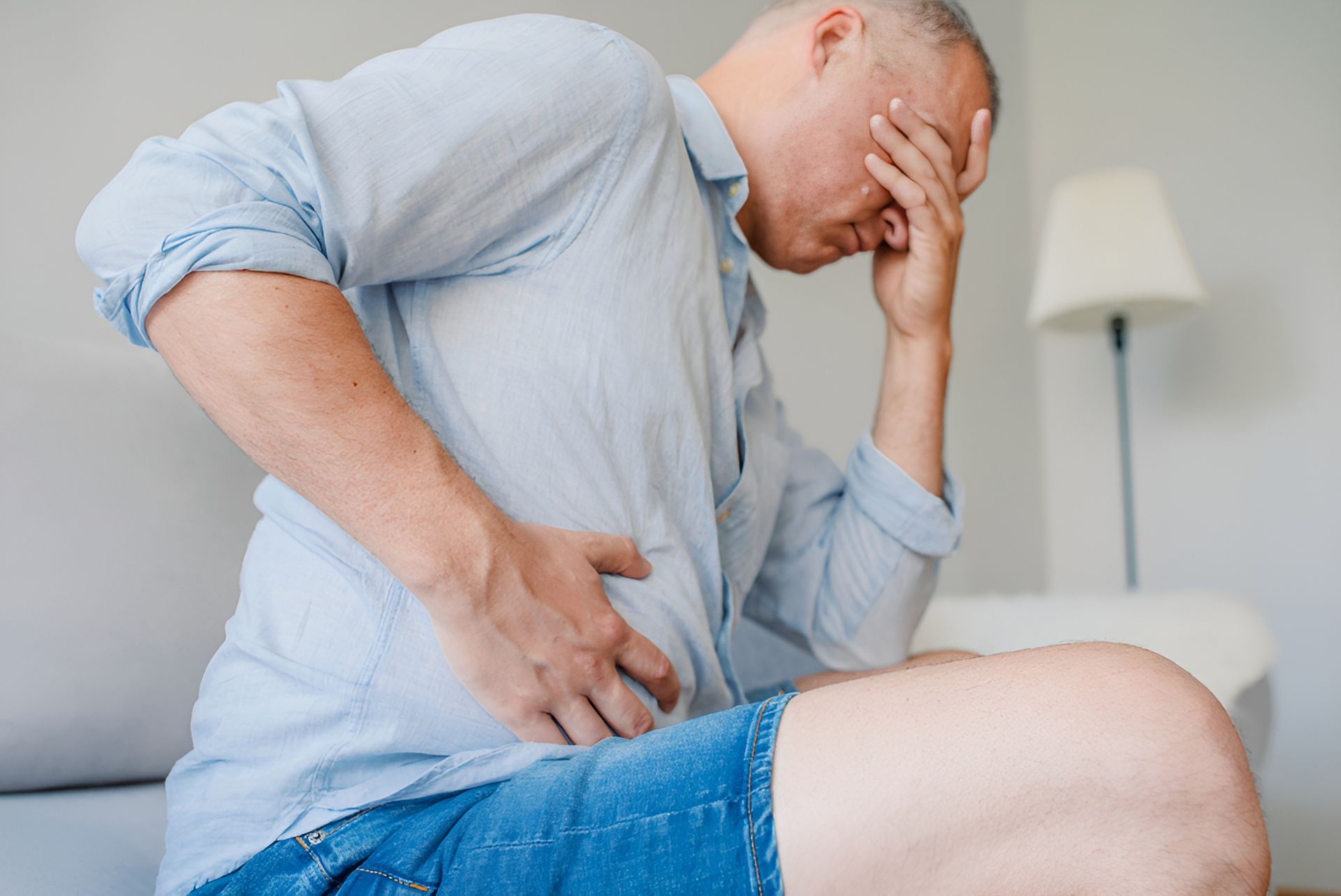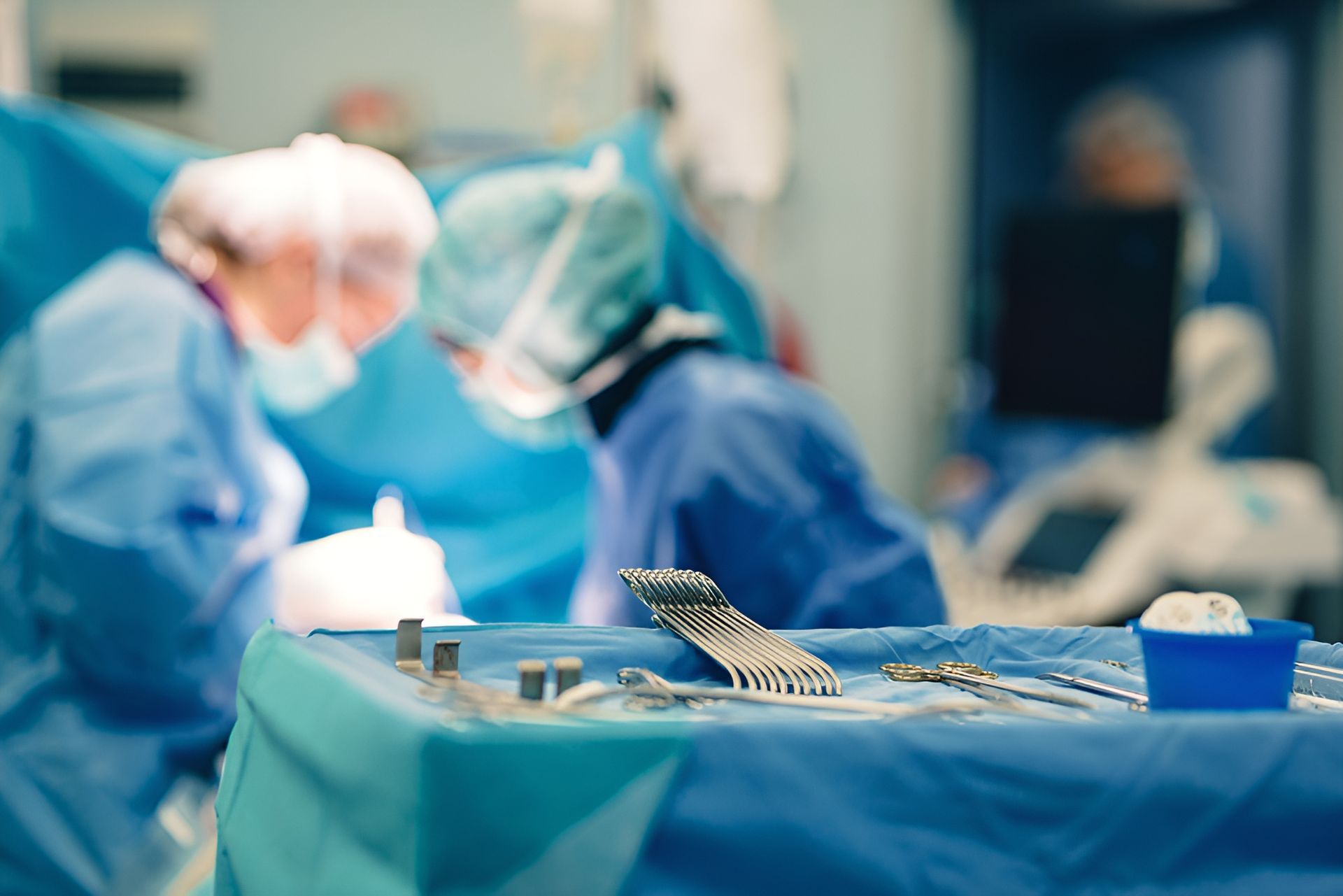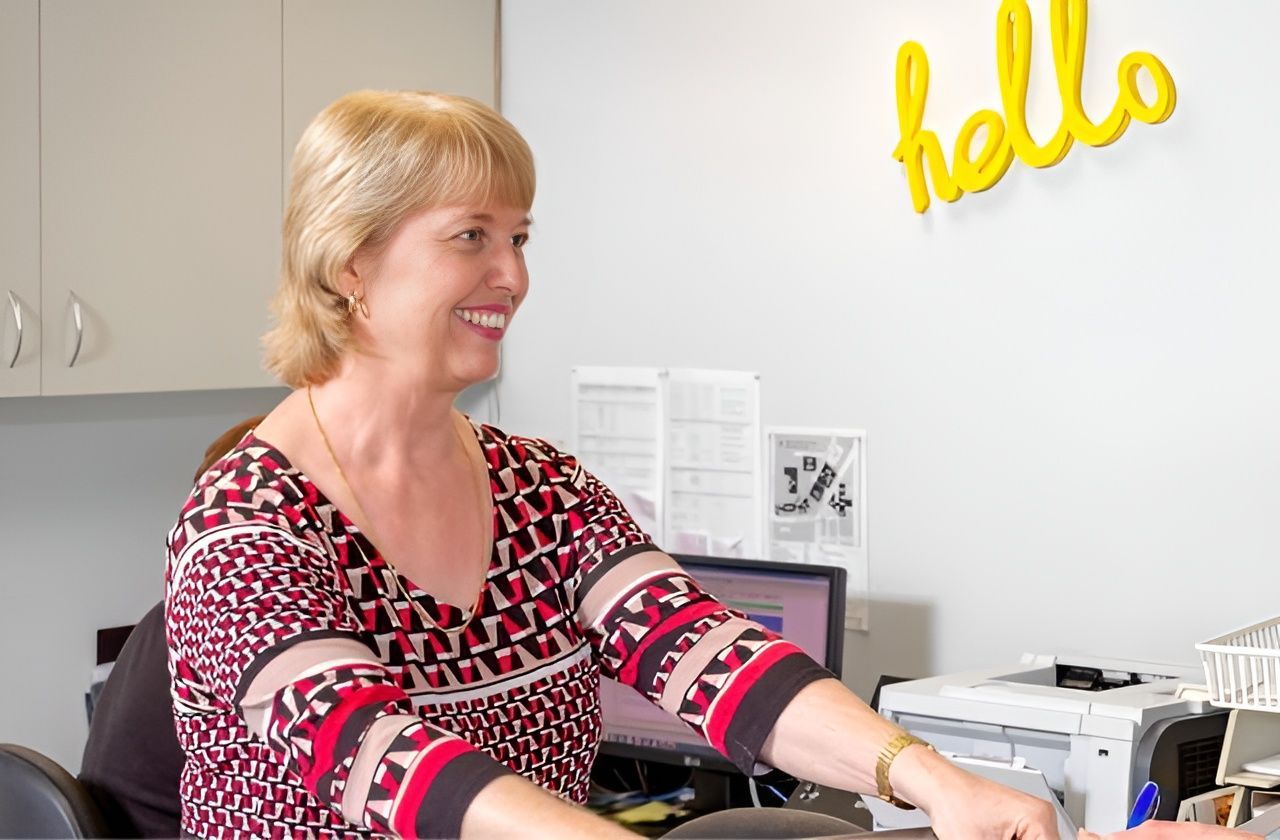5 Signs Your Gallbladder Needs Removing & Why Laparoscopic Surgery Is the Best Choice
Have you ever felt persistent pain in your upper abdomen, especially after meals, and wondered whether your gallbladder might be to blame? For many people, gallbladder problems start with subtle symptoms that gradually become more disruptive to daily life. In some cases, removal of the gallbladder becomes the most suitable option for lasting relief.
In this blog, we’ll explore five signs that could indicate your gallbladder might need to be removed and explain why laparoscopic cholecystectomy in Brisbane is often the preferred approach for gallbladder surgery.

1. Persistent Upper Abdominal Pain
One of the most frequent indicators of gallbladder trouble is pain in the upper right part of your abdomen. This discomfort can:
- Start suddenly or build gradually over time.
- Often occur after eating meals high in fat, like fried foods or creamy dishes.
- Feel sharp, cramping, or like a dull ache that doesn’t ease quickly.
- Radiate to your back, between your shoulder blades, or into your right shoulder.
Some people describe the pain as a tight pressure or fullness under the ribs. While occasional discomfort might pass on its own, pain that returns regularly or becomes severe should prompt a medical assessment. Ongoing pain can indicate gallstones blocking the flow of bile or causing inflammation, which may require surgical intervention.
2. Nausea & Vomiting
Digestive issues like nausea and vomiting can be linked to gallbladder dysfunction. These symptoms may:
- Occur shortly after eating, particularly fatty or heavy meals.
- Be accompanied by bloating, discomfort, or a feeling of fullness.
- Become persistent, affecting appetite and daily life.
While occasional nausea can happen for many reasons, repeated episodes—especially when paired with pain—can be a warning sign of gallbladder irritation or inflammation. If vomiting occurs alongside severe pain or fever, prompt medical care is important.
3. Bloating & Indigestion
A gallbladder that’s struggling to function properly may disrupt your digestive system. You might notice:
- A feeling of fullness even after small meals.
- Frequent burping or gas.
- Unexplained bloating, which can feel tight or uncomfortable.
- Indigestion that doesn’t improve with over-the-counter remedies.
These symptoms often relate to the gallbladder’s role in storing and releasing bile, which aids in digesting fats. When bile flow is obstructed or inconsistent due to gallstones, digestion can become sluggish, leading to ongoing discomfort.
4. Changes in Stool or Urine Colour
The gallbladder helps regulate the flow of bile into the digestive tract. If bile ducts are blocked—often by gallstones—it can lead to noticeable changes, including:
- Light-coloured stools: Bile pigments contribute to the typical brown colour of stool. Without enough bile, stool may appear pale, greyish, or clay-coloured.
- Dark urine: Excess bilirubin, a by-product of red blood cell breakdown, can build up and darken urine if bile flow is restricted.
- Jaundice: Yellowing of the skin or eyes can occur if bile backs up into the bloodstream.
These changes can be subtle or significant. They’re important signs that bile isn’t moving through the system as it should, which may require medical evaluation and possible gallbladder removal to prevent further complications.
5. Fever & Chills
An inflamed gallbladder, known as cholecystitis, is a more serious condition that often demands prompt treatment. It may cause:
- High temperature or chills.
- Significant tenderness in the upper right abdomen.
- Pain that worsens when breathing deeply or moving.
- Fatigue and a generally unwell feeling.
This inflammation is often due to gallstones blocking the cystic duct, leading to a build-up of bile and irritation of the gallbladder wall. If untreated, it can result in infection or even rupture. Anyone experiencing fever combined with abdominal pain should seek medical care promptly.
When Is Gallbladder Removal Recommended?
Not everyone with gallstones or gallbladder symptoms needs surgery right away. However, removal may be recommended when:
- Pain and digestive symptoms become frequent or severe.
- Gallstones block the bile ducts, leading to complications.
- There’s evidence of inflammation or infection.
- The gallbladder is not functioning properly.
For many people, surgery helps relieve discomfort and prevents further health risks.
What Is Laparoscopic Cholecystectomy?
Laparoscopic cholecystectomy is the medical term for minimally invasive gallbladder removal. Instead of one large incision, this technique uses several small incisions through which a tiny camera and surgical instruments are inserted. The camera allows the surgeon to see inside the abdomen on a screen, guiding precise movements.
What to Expect Before Surgery
If your doctor recommends laparoscopic cholecystectomy in Brisbane, you’ll typically undergo:
- A physical examination and medical history review.
- Imaging tests like ultrasound to confirm gallbladder issues.
- Blood tests to check for infection or liver function changes.
- A conversation with your surgical team about the procedure and what to expect.
Preparing for surgery may involve fasting for a specific period and adjusting certain medications as advised by your medical team.
What Happens During Surgery?
During laparoscopic gallbladder removal:
- You’ll receive general anaesthesia, meaning you’ll be asleep and comfortable throughout the procedure.
- The surgeon makes small incisions in your abdomen.
- A laparoscope (small camera) is inserted to guide the surgery.
- The gallbladder is gently separated from the surrounding tissue and removed.
- Incisions are closed with sutures or surgical tape.
Most procedures take about one to two hours, although times vary based on individual circumstances.
Recovery & Post-Surgery Care
After surgery, you’ll spend time in recovery as the anaesthesia wears off. Once home, you might experience:
- Mild pain or soreness around the incision sites.
- Temporary bloating or shoulder discomfort due to gas used during surgery.
- Changes in bowel habits, which typically settle over time.
Your healthcare team will provide instructions about wound care, diet, and activity levels. It’s important to follow these guidelines and attend follow-up appointments to support a smooth recovery.
Is Gallbladder Removal Safe?
For most people, laparoscopic cholecystectomy in Brisbane is a safe and well-tolerated procedure. However, like any surgery, there are potential risks, including bleeding, infection, or injury to nearby structures. Discussing your health history and concerns with your surgeon helps you understand your personal risk profile and make informed decisions.
When to Seek Urgent Medical Care
While complications are uncommon, seek medical help immediately if you experience:
- Severe abdominal pain that doesn’t improve.
- Persistent fever or chills.
- Jaundice (yellowing of the skin or eyes).
- Difficulty breathing or chest pain.
Prompt medical attention helps prevent further complications.
Book a Consultation for Gallbladder Surgery in Brisbane
At
Brisbane Upper GI Surgery, we support patients in exploring suitable treatment options for
gallbladder problems. If you’re experiencing ongoing symptoms or have been diagnosed with gallstones, we’re here to help you understand your choices and feel more comfortable moving forward.
Contact us today.










